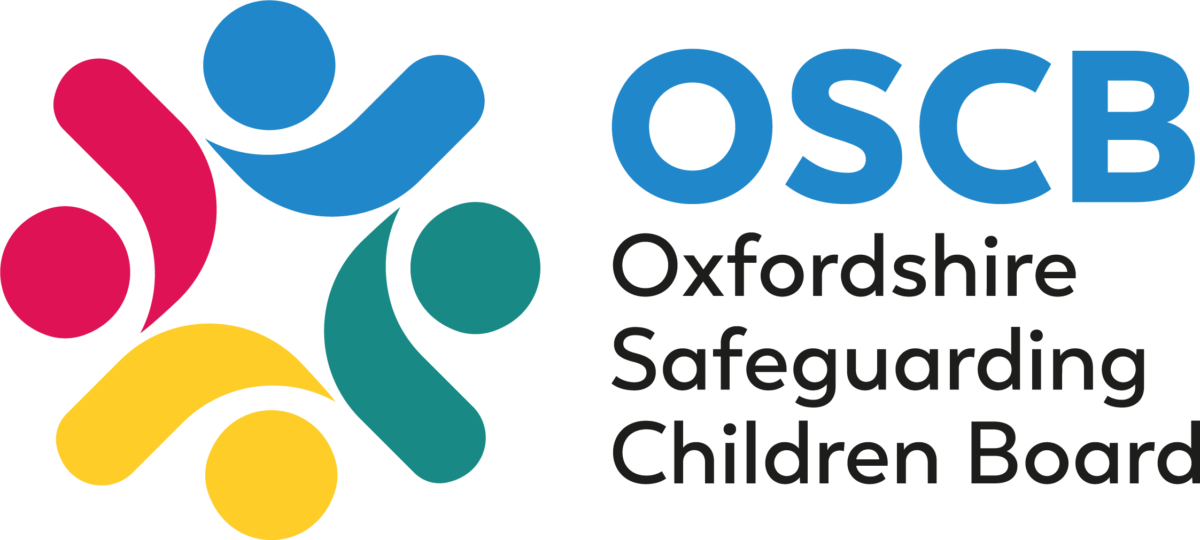Child Protection
Children may be made subject to Child Protection Planning if they are deemed to be at risk of, or experiencing, physical abuse, sexual abuse, emotional abuse or neglect.
What is a Core Group?
A Core Group is the group of family members and professionals who meet regularly if a Child Protection Conference makes a child the subject of a Child Protection Plan. This group is smaller than the Child Protection Conference group and is less formal. The group works together to improve things for the family.
Core groups are responsible for developing the Child Protection Plan from the agreements made at the Initial Child Protection Conference. Core Groups are also responsible for implementing the Child Protection Plan jointly with the child and family involved.
These documents explain more about the Core group and show examples of the documentation used to record progress.
- Child Protection Core Group Terms of Reference: This is completed by the core group. It records roles and responsibilities of the core group members, family and professionals. It describes what should happen at the initial meeting and reviews. It includes expectations around joint visiting.
- Child’s Plan and Record of Core Group: This template is used at the Core Group meetings to set goals.
- Child’s Plan Review Record of Core Group: This template is used at follow-up Core Group meetings to review progress towards goals.
Professionals-only Meetings
Professionals may also meet separately to the family, in order to discuss how to provide the best support, where it is in the best interests of the child or young person. These should follow the procedures laid out in Oxfordshire Safeguarding Children Board Procedures Manual.
Although any agency can call and chair a professionals-only meeting, you should discuss it with the Lead Social Worker or Deputy Lead of the Child Protection Core Group as your first step:
Transitions
Serious case reviews have found that in neglect cases, a particular risk point is transition periods. This includes:
- When a child is moving from primary to secondary school. from nursery to primary school, or from secondary school to college
- When a family moves away, or moves into the area
- For disabled children, moving on to adult support services
You can find support for Early Years transitions in the practitioner’s guide on smooth early transitions (39 pages) below. You can find more resources in Oxfordshire’s Early Years SEN toolkit and the Early Years Toolkit.
The changes in supporting professionals and the challenges of handover can cause an interruption of knowledge about the family and case, and lead to unintended ‘start again’ for new professionals. Recording of significant incidents using chronologies can help communicate frequency and severity of problems more effectively, providing a better view of how best to support the family.
For further information on supporting Disabled Children, visit Disabled Children and Neglect
